Islands hold an air of mystery, often shrouded in legends and unexplained phenomena. Some islands, however, go beyond typical intrigue, puzzling explorers and scientists alike. These enigmatic landforms have baffled visitors with strange artifacts, ancient ruins, and unexplained features that defy logical explanation. Let’s explore some of the world’s most puzzling islands with features that remain unexplained to this day.
Easter Island, Chile
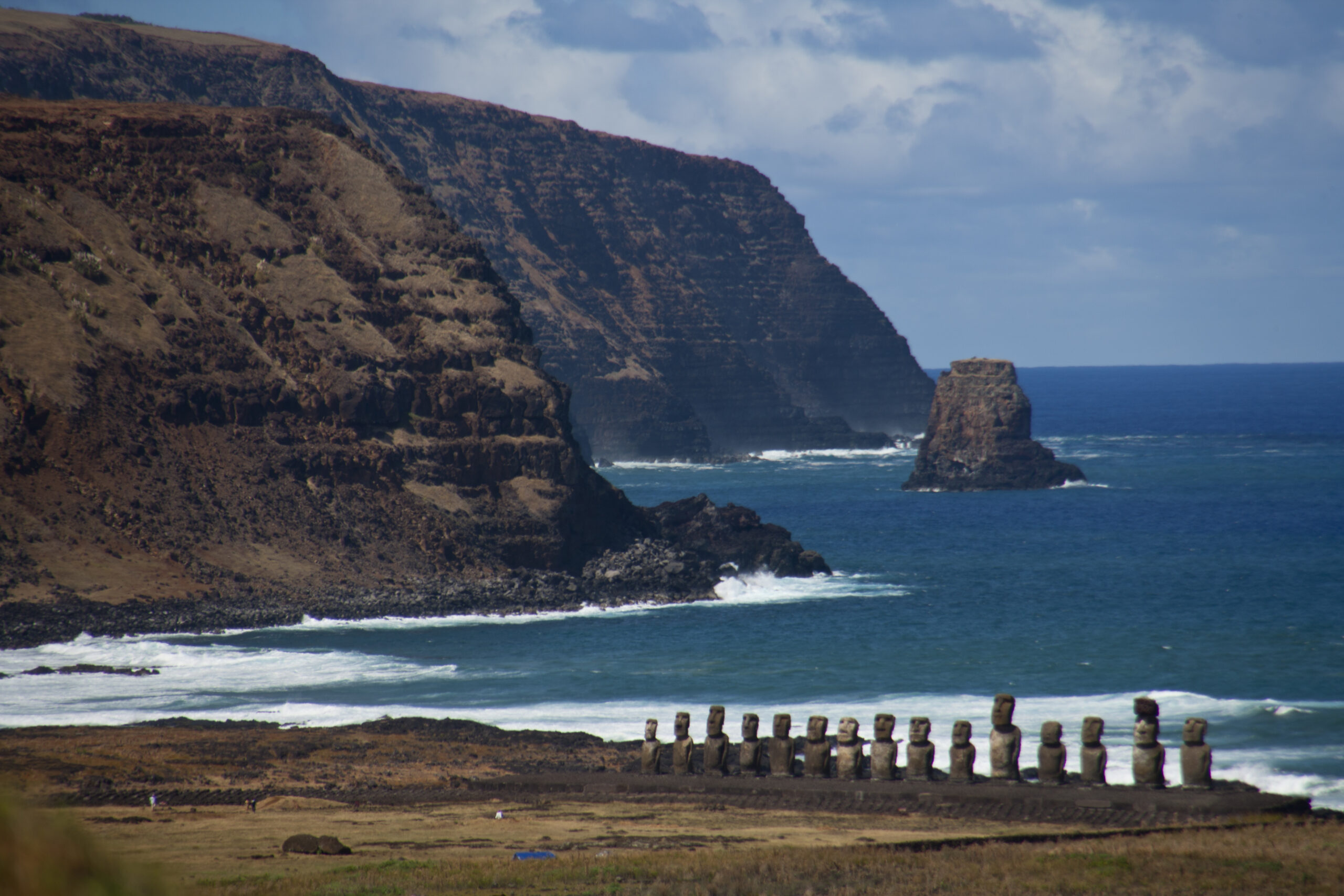
Easter Island is renowned for its iconic Moai statues, towering stone figures scattered across the island. These statues, carved by the Rapa Nui people, weigh several tons each and were moved miles from their quarry, yet how they achieved this remains a mystery. The purpose of the Moai also adds to the enigma. Some theories suggest they were built to honor ancestors, while others point to a more spiritual role. The island’s sudden population decline and environmental collapse only heighten the island’s mystique, leaving many questions unanswered.
Oak Island, Canada
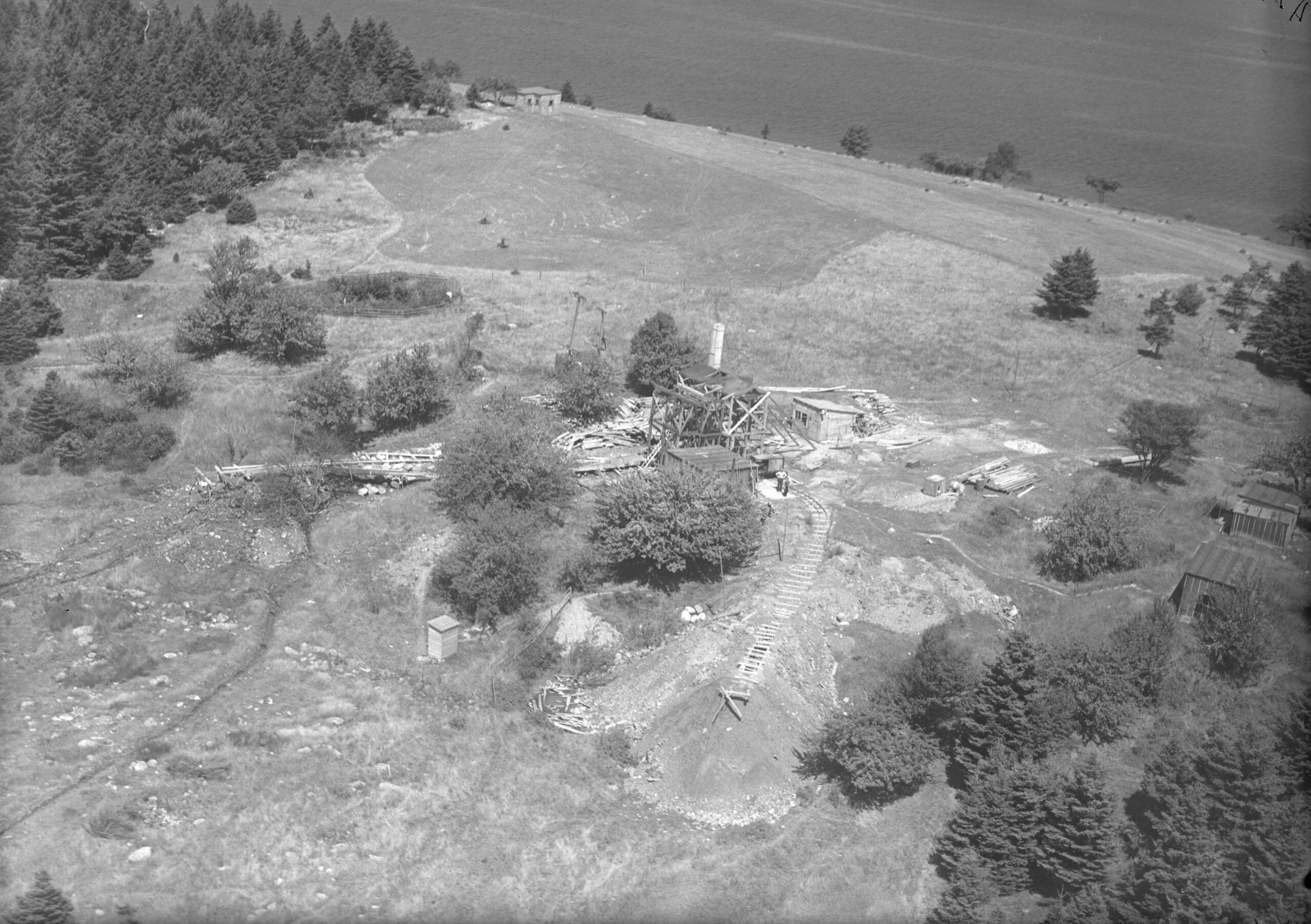
Oak Island has long been a treasure hunter’s dream due to the infamous “Money Pit.” Discovered in the late 1700s, this deep shaft contains layers of wooden platforms and complex tunnels that have baffled investigators for centuries. Some believe it’s a pirate treasure, while others suggest more elaborate theories, including hidden religious artifacts. Despite numerous attempts to excavate the pit, no definitive treasure has been found, and its origins remain unknown. The island is full of strange artifacts, adding to its mysterious reputation.
Nan Madol, Micronesia
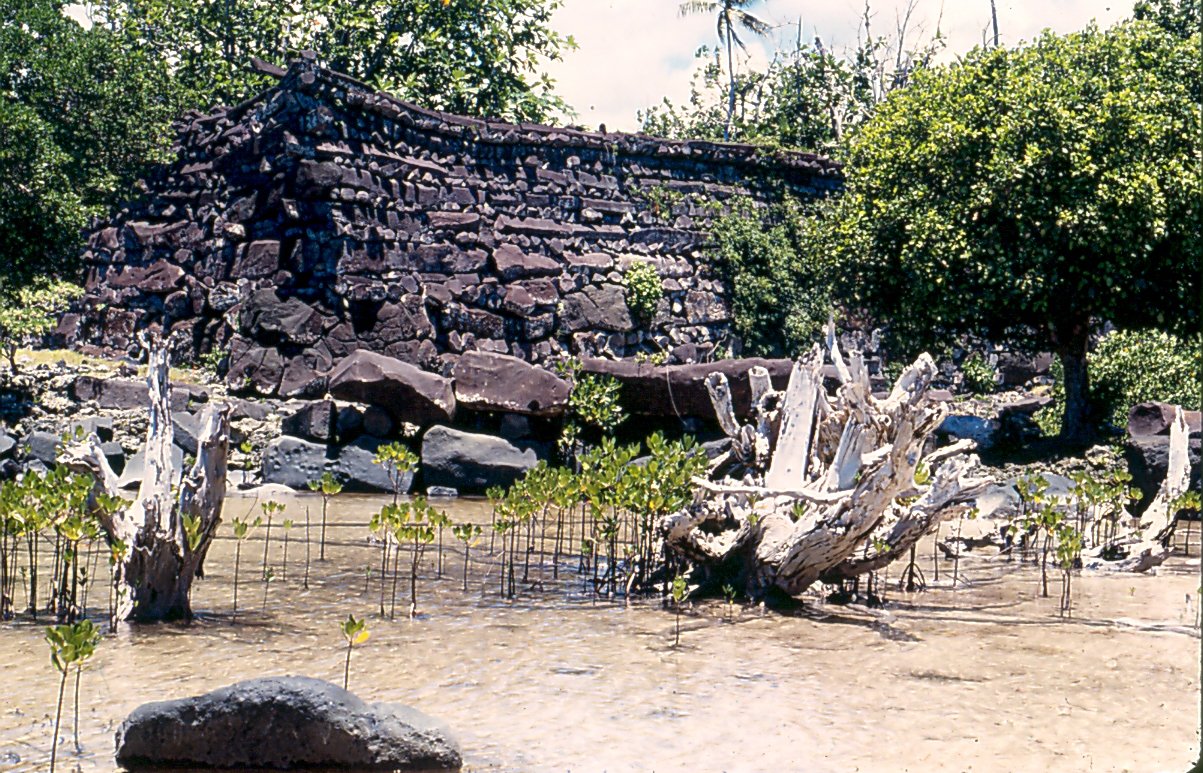
Nan Madol is an ancient city built on a series of small artificial islands off the coast of Pohnpei. The structures are made from massive basalt stones, some weighing over 50 tons, and their transportation and construction methods remain unexplained. No written record exists to document how this once-thriving society constructed such advanced architecture in isolation. The city’s abrupt abandonment only deepens the puzzle, leaving the purpose and demise of this complex civilization a lingering mystery.
Socotra Island, Yemen
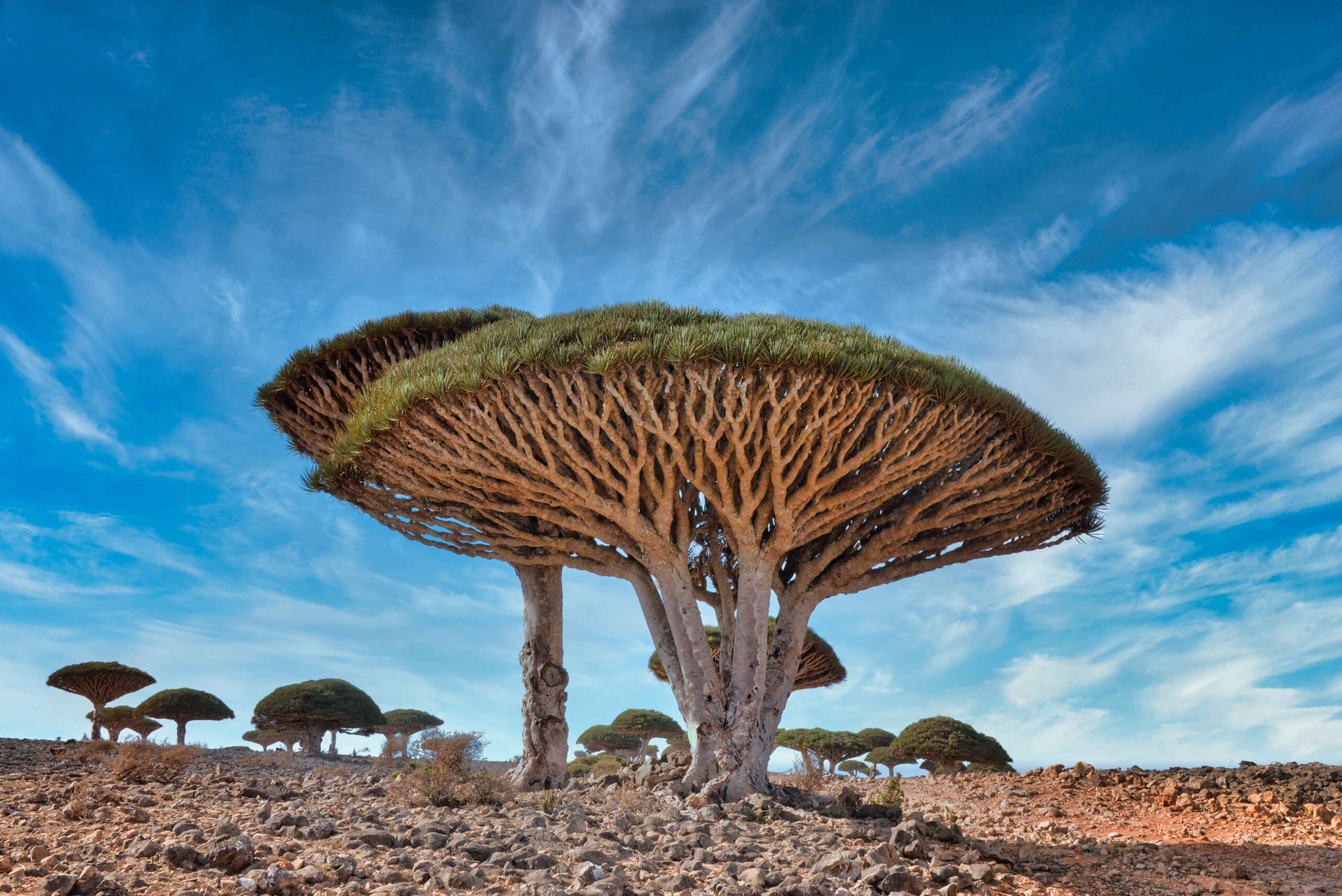
Socotra Island is famous for its bizarre and otherworldly landscape, featuring plant species that exist nowhere else on Earth. The most notable is the dragon’s blood tree, which bleeds red sap. This isolation has allowed flora and fauna to evolve in strange, unexplained ways. Scientists are still investigating how such unique biodiversity developed on this isolated island, leaving much of Socotra’s evolution shrouded in mystery. The island’s alien-like appearance has sparked theories of ancient visitation and other unusual explanations.
Sable Island, Canada
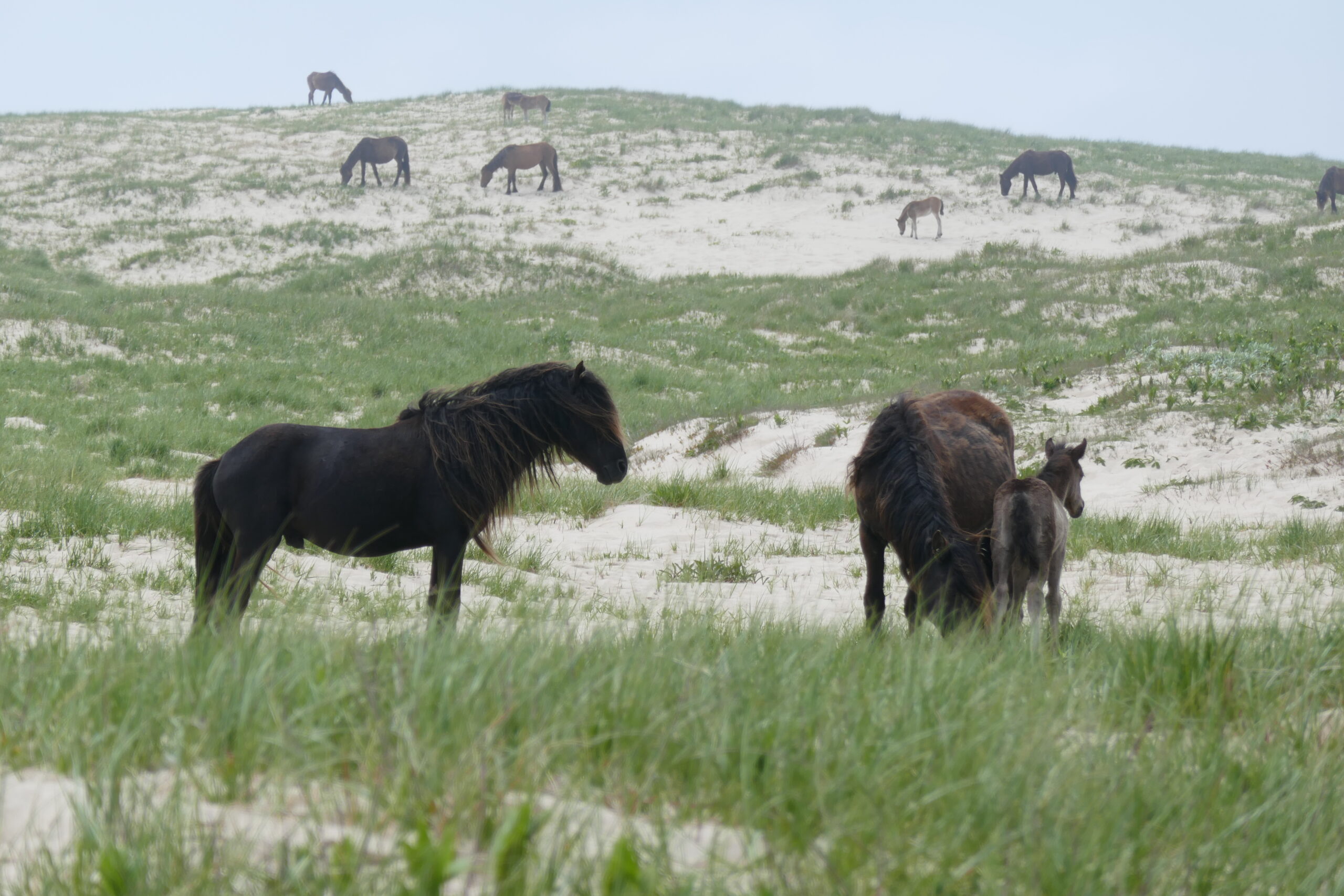
Sable Island, often referred to as the “Graveyard of the Atlantic,” is known for its treacherous waters that have caused hundreds of shipwrecks. The island is home to wild horses, whose origin remains unclear, as no definitive historical record explains how they arrived. Some believe they were left behind by explorers, while others suggest shipwreck survivors brought them. The island’s isolation and the horses’ adaptation to this harsh environment add to its unexplained allure.
Faroe Islands, Denmark
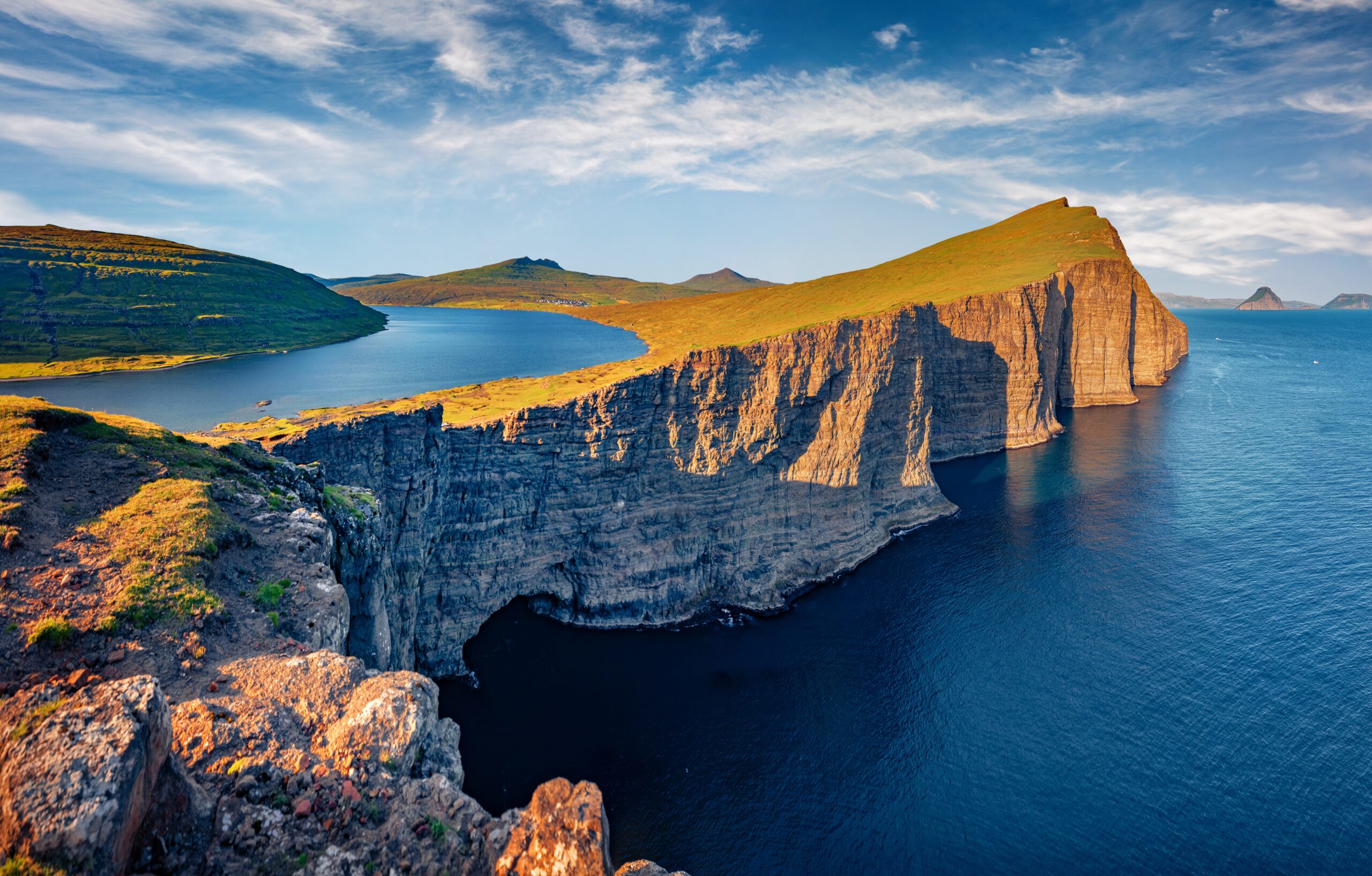
The Faroe Islands are a rugged, remote archipelago in the North Atlantic with breathtaking landscapes. However, what puzzles many is the folklore surrounding unexplained lights and mysterious disappearances. Fishermen have reported seeing strange glowing orbs over the sea, which local legends attribute to supernatural beings. The island’s ancient Viking history also adds layers of myth, leaving many to wonder if the phenomena are connected to something more than just folklore.
Antikythera Island, Greece
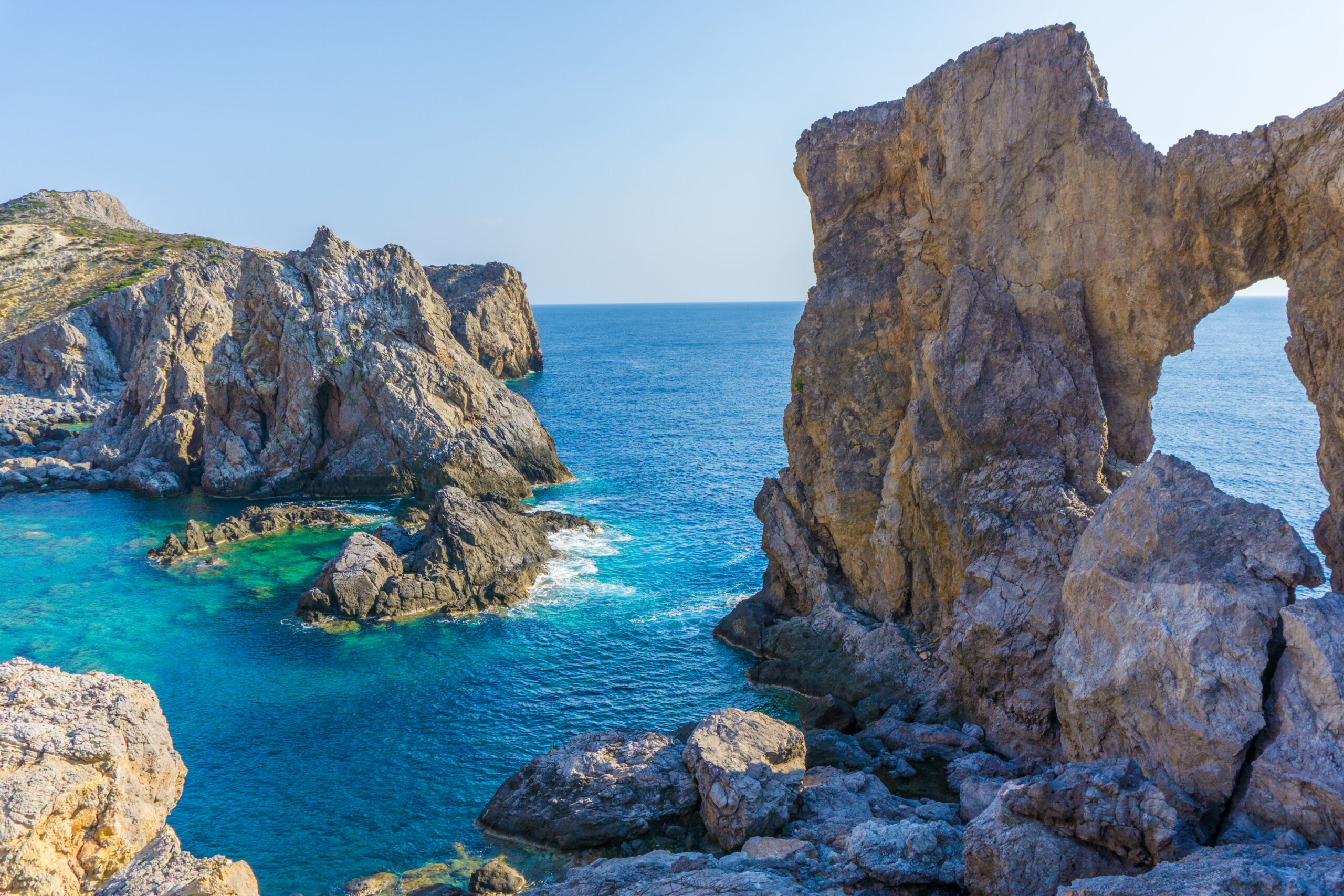
Antikythera Island gained worldwide attention after the discovery of the Antikythera Mechanism, an ancient analog computer found in a shipwreck off its coast. This device, which dates back to 100 BC, was far ahead of its time in terms of technology. Scientists are still trying to fully understand how such an advanced tool was created by ancient civilizations. The island itself is steeped in mystery, as other artifacts from the wreck point to a lost chapter of history that is still being unraveled.
Bouvet Island, Norway
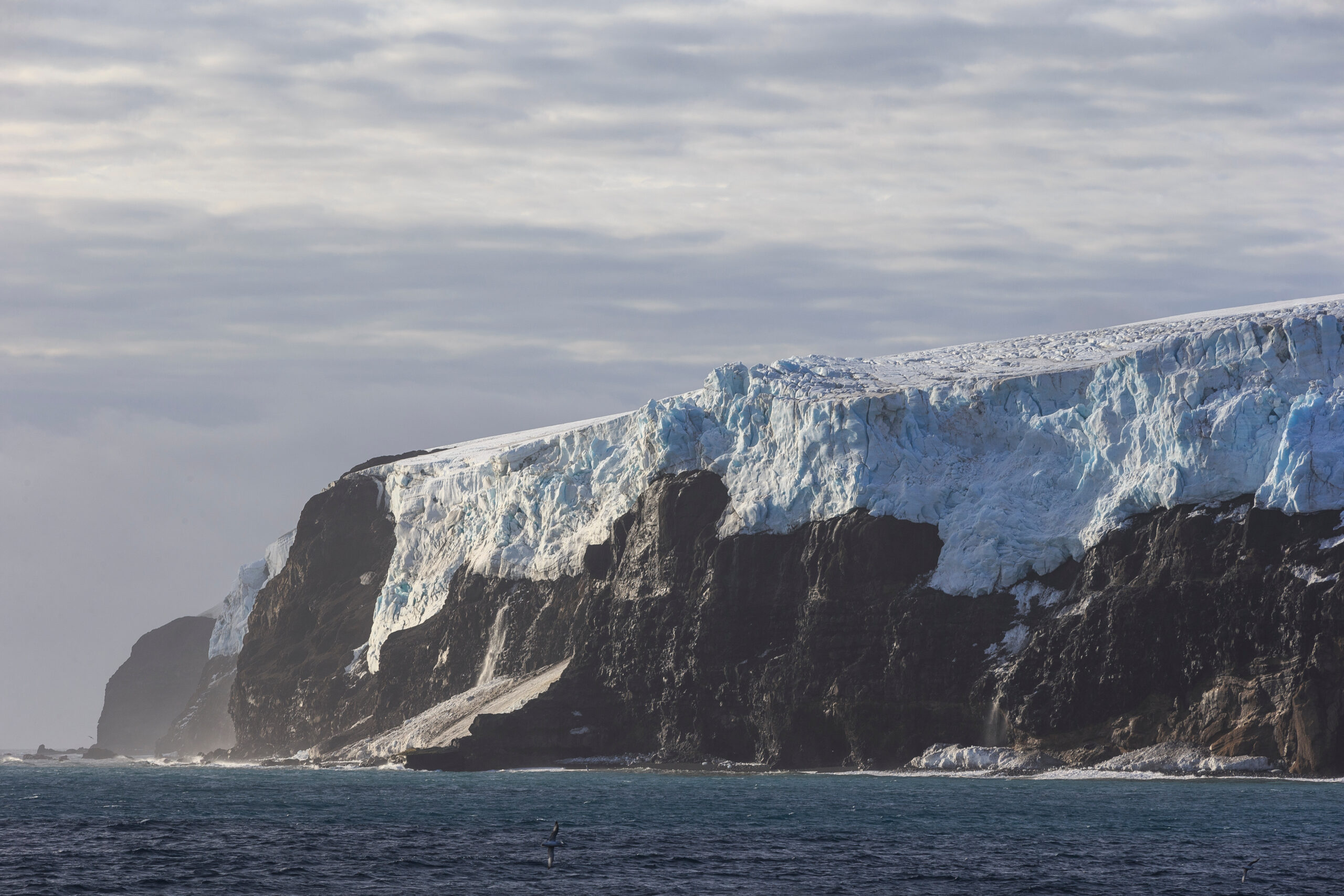
Bouvet Island is one of the most isolated places on Earth, located in the South Atlantic Ocean. Covered in glaciers and ice, this uninhabited island remains a mystery due to its sheer remoteness. In 1964, an abandoned lifeboat was discovered on the island, with no trace of its crew or explanation of how it arrived. The harsh climate and lack of human activity make the presence of the boat all the more puzzling. This unexplained occurrence continues to baffle researchers.
Ilha da Queimada Grande, Brazil
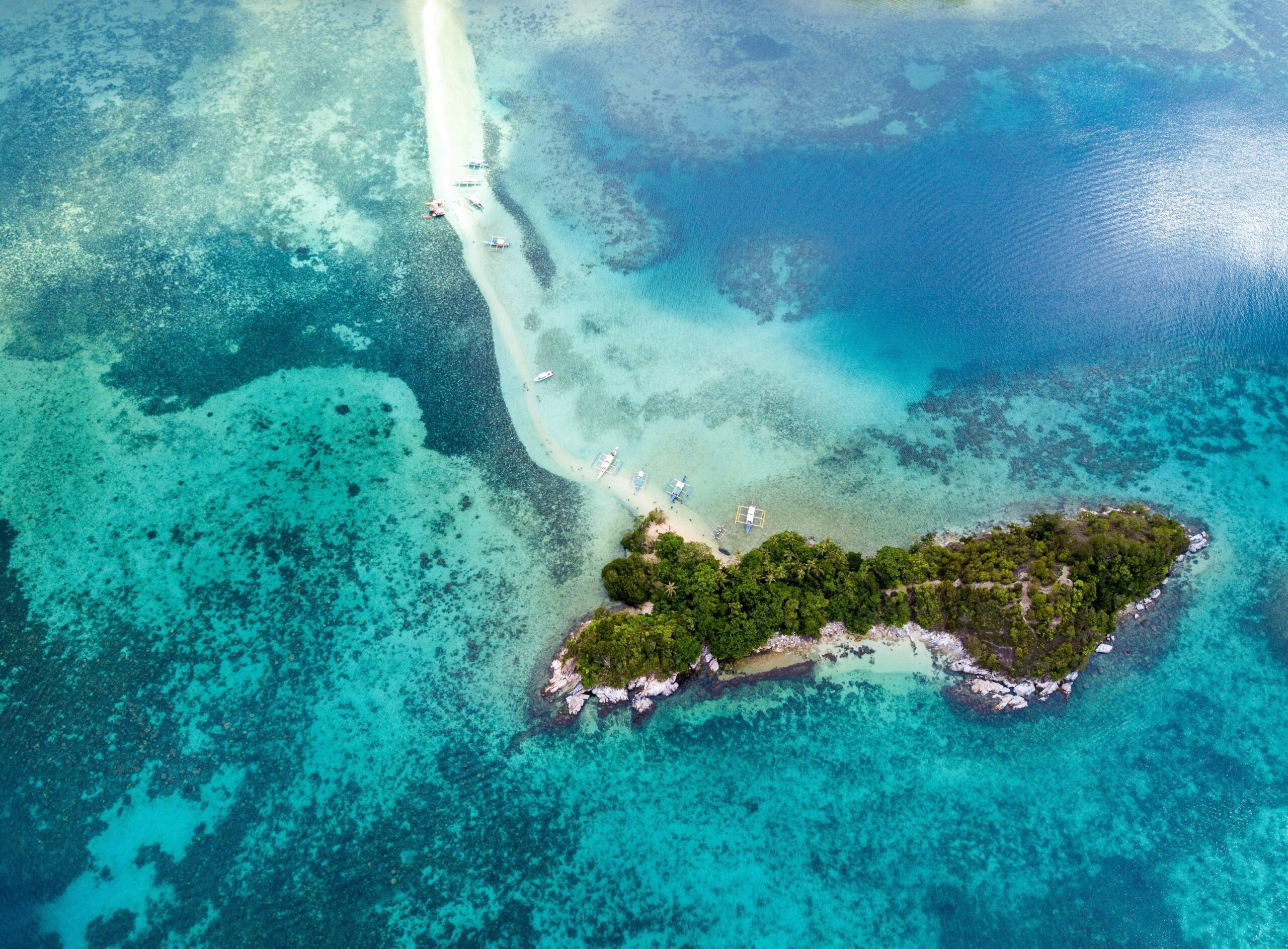
Ilha da Queimada Grande, also known as Snake Island, is notorious for its dense population of deadly golden lancehead vipers. The island is closed to the public due to the extreme danger posed by the snakes, which makes its mysteries hard to explore. Legends suggest treasure hidden by pirates may exist, but the presence of so many venomous snakes has deterred most investigations. The island’s isolation and eerie atmosphere only add to its enigmatic reputation.
Palmyra Atoll, USA
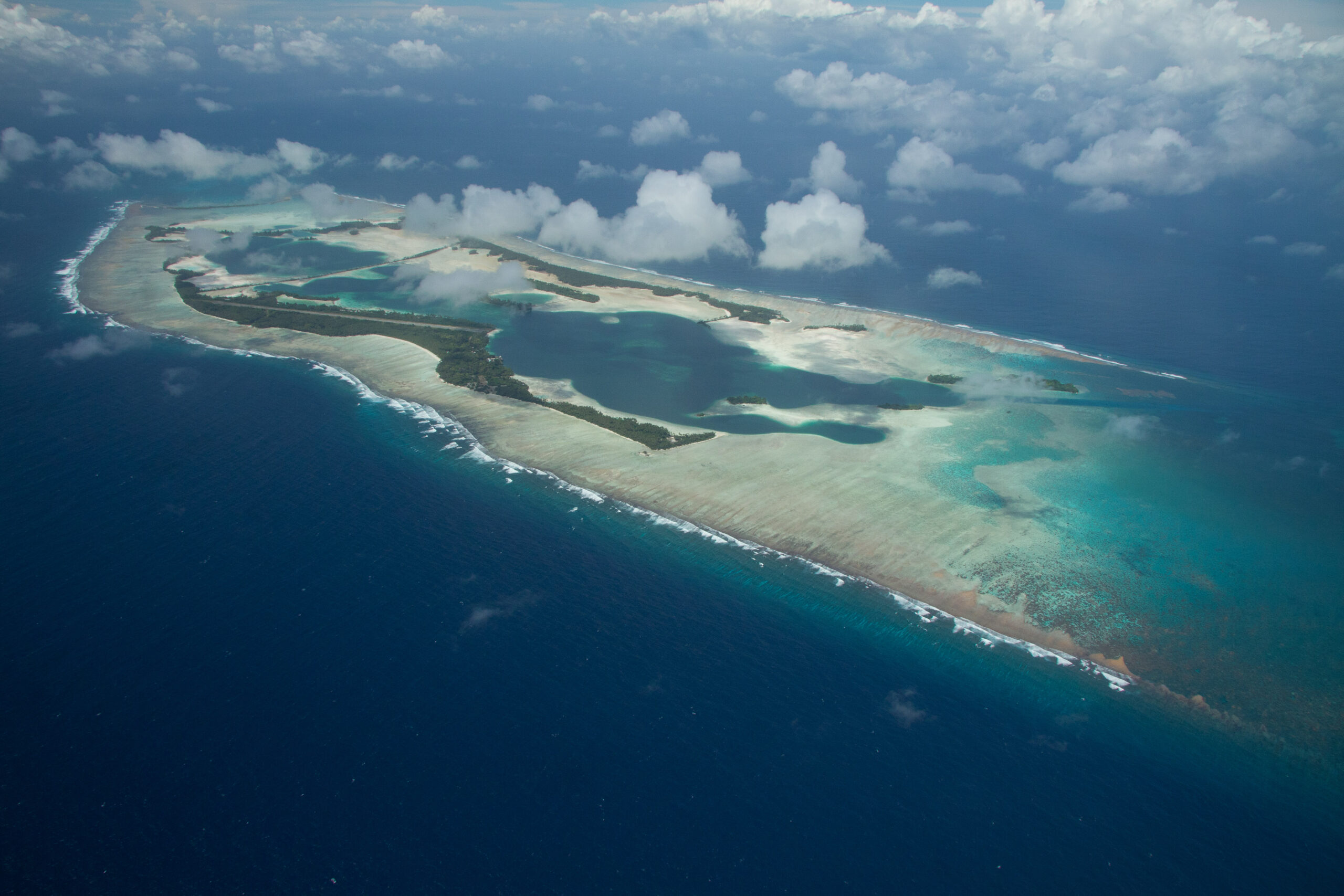
Palmyra Atoll, a remote tropical island in the Pacific, has long been associated with strange phenomena and mysterious disappearances. Stories of ghost ships and unexplained deaths have surrounded the atoll, fueling rumors of a curse. The island’s remoteness and its lush but eerie landscape further enhance its reputation as a place of unexplained events. Despite its beauty, many who visit report an unsettling feeling, deepening its mystery.
Iona, Scotland
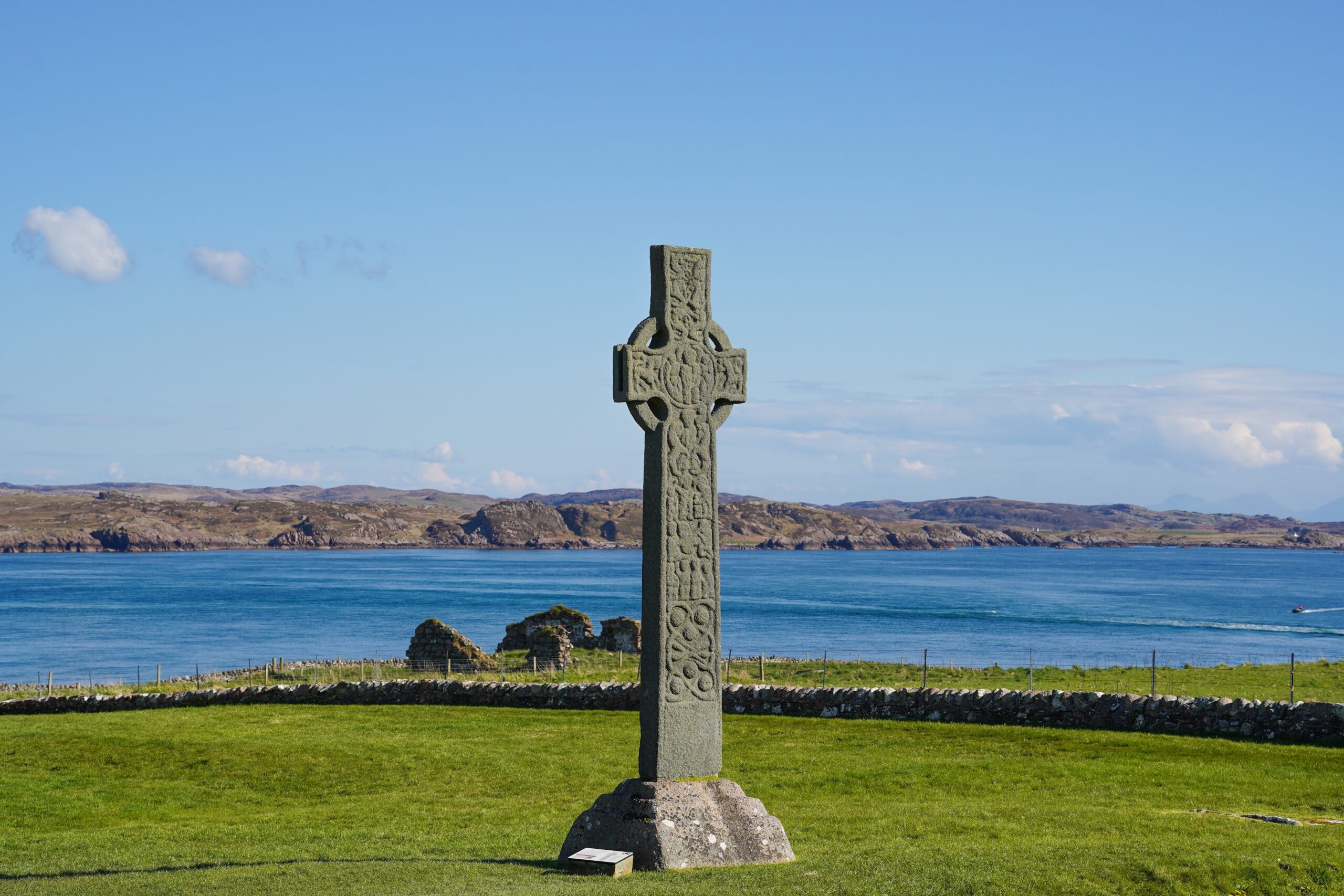
Iona is a small island off the coast of Scotland, famous for its historical significance and spiritual reputation. The island is considered a sacred place, with ancient monasteries and burial sites. However, Iona is also associated with mysterious lights and strange atmospheric phenomena. Some believe these lights are connected to ancient legends of otherworldly beings. The unexplained occurrences on the island continue to intrigue both locals and visitors.
Tristan da Cunha, South Atlantic
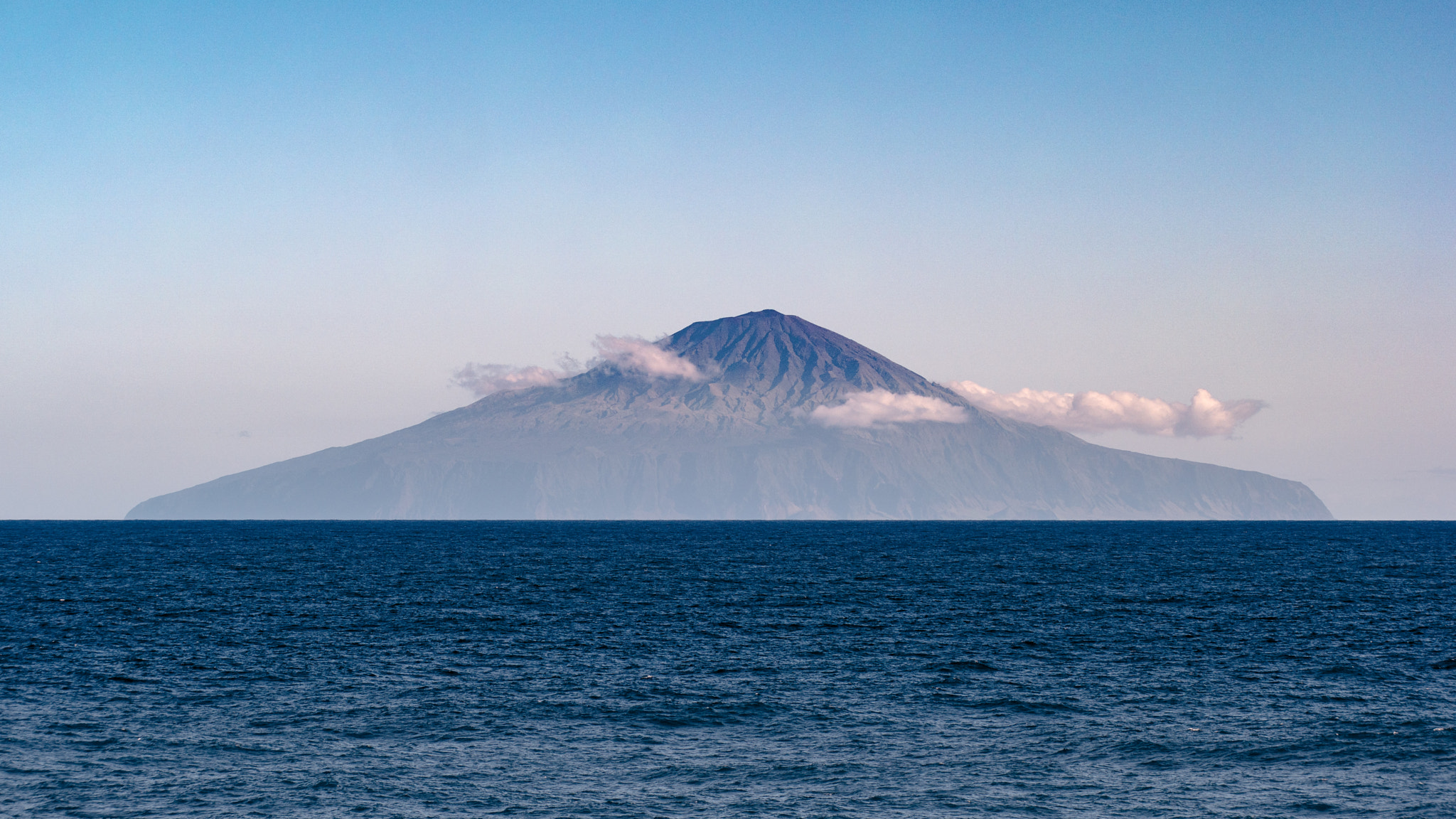
Tristan da Cunha is the most remote inhabited island in the world, located in the South Atlantic Ocean. Its isolation has led to strange stories of unexplained sightings and events. Residents have reported mysterious ships appearing on the horizon, which disappear without a trace. The island’s extreme remoteness makes investigating these occurrences nearly impossible, leaving the strange sightings unexplained.
Flores Island, Indonesia
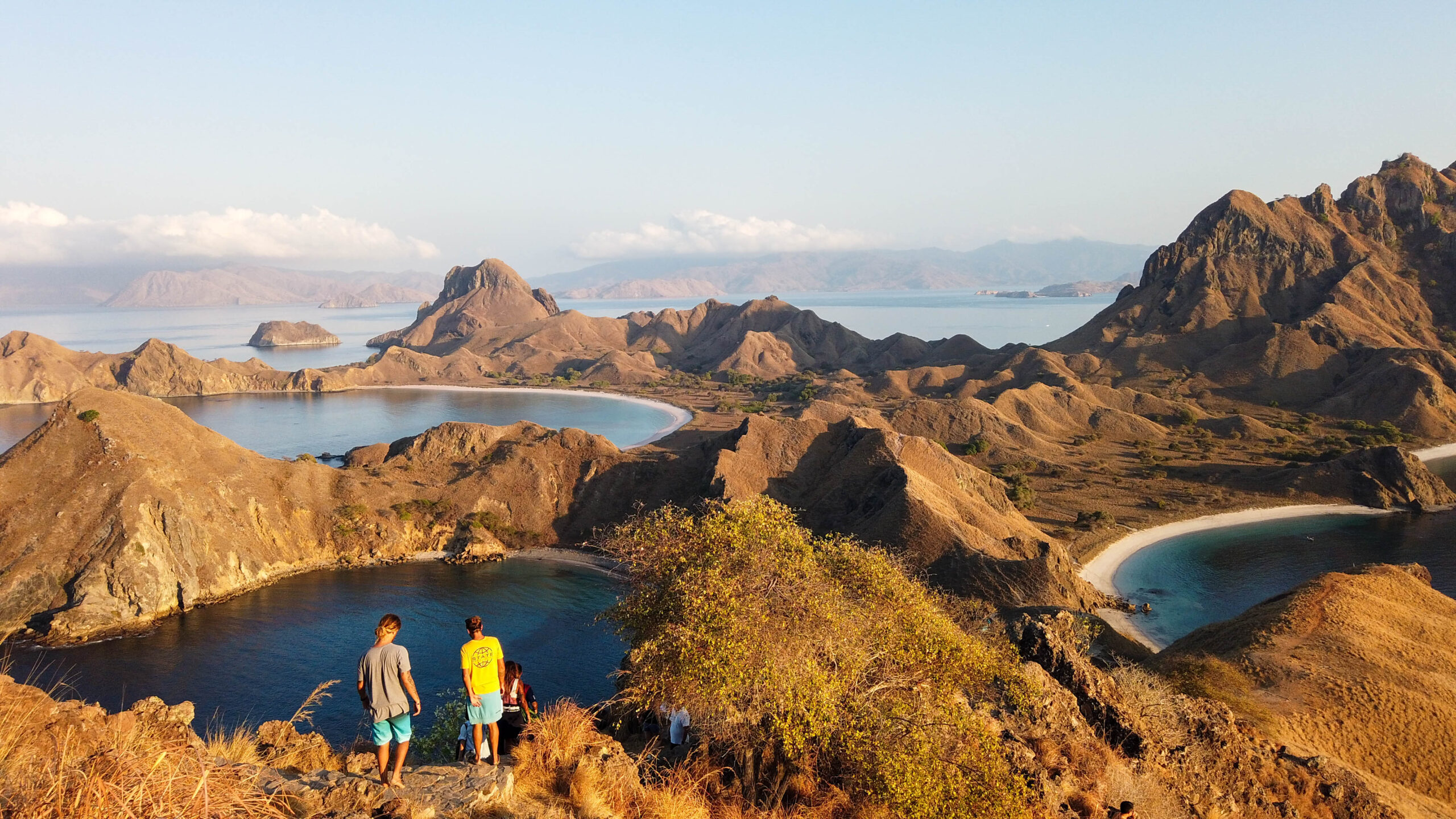
Flores Island is known for its connection to the discovery of Homo floresiensis, a species of small human ancestors. This discovery raised many questions about human evolution, as these “hobbits” lived far longer than previously thought possible. The mysterious caves where their remains were found add to the island’s intrigue. Many wonder if there are more undiscovered secrets hidden beneath its lush forests, waiting to be uncovered.
Barsa-Kelmes, Kazakhstan
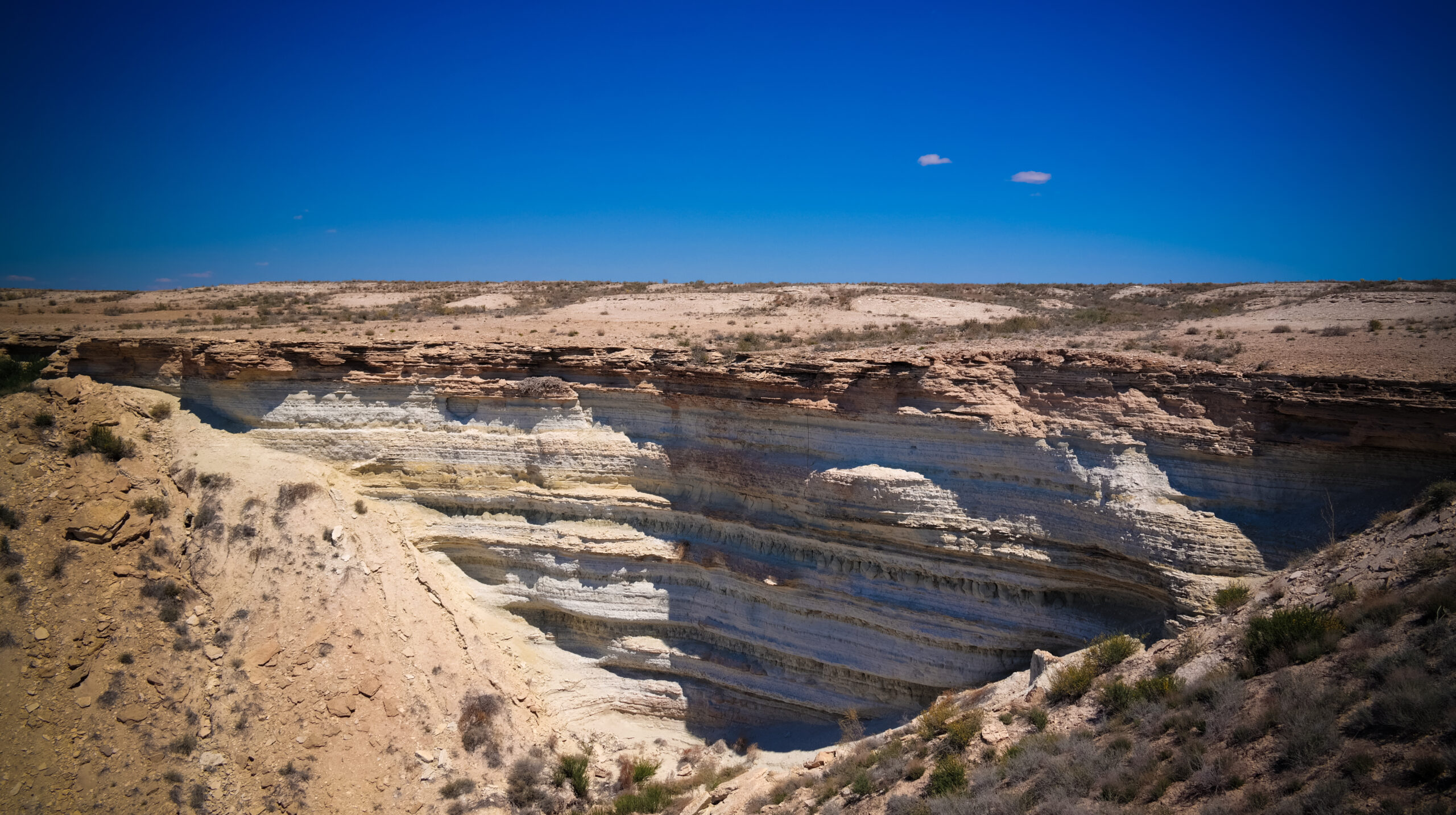
Barsa-Kelmes is an island in the Aral Sea, now a ghostly, desolate landscape due to the sea’s retreat. Legends surrounding the island claim that visitors disappear without a trace. Some stories describe time distortions and strange occurrences on the island, which are unexplained. As the island becomes more accessible due to the shrinking sea, its eerie reputation remains intact, leaving more questions than answers.
This article originally appeared on Rarest.org.
More from Rarest.org
15 Most Notable Scientific Discoveries in History

Throughout history, countless scientific discoveries have transformed the way we understand the world and shaped the course of human progress. Read More.
8 Obscure Bands from the ’70s with a Cult Following

The 1970s were a golden era for rock music, with countless bands emerging and experimenting with new sounds. Read More.
8 Luxury Whiskey Brands That Define Sophistication

When it comes to luxury whiskey, true sophistication lies in more than just the price tag—it’s about craftsmanship, heritage, and the unique flavors that have been perfected over time. Read More.
